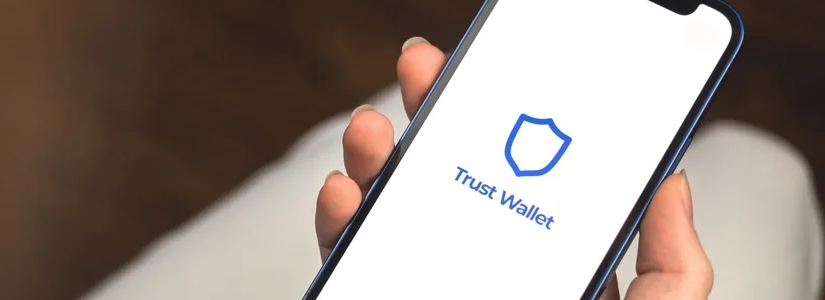TL;DR
Trust Wallet, a leading self-custodial wallet, now supports tokenized versions of U.S. stocks and ETFs, marking a notable expansion into real-world assets. The move follows an announcement in June, signaling the company’s intent to integrate RWAs to democratize access to financial markets. This step also reflects growing interest in bridging traditional finance and decentralized systems, attracting attention from investors and DeFi enthusiasts alike.
The integration relies on Ondo Finance supplying tokenized stocks, ETFs, and bonds through Ethereum smart contracts, with Solana support planned for the near future. Meanwhile, 1inch Fusion facilitates liquidity and pricing to ensure smooth swaps for users. Trust Wallet acts as the self-custodial platform, giving users direct control over these tokenized assets while leveraging decentralized infrastructure. The platform’s interface has also been updated to improve usability and educational support for new users navigating RWA trading.
Eowyn Chen, CEO of Trust Wallet, emphasized that merging RWAs with self-custody wallets opens doors for a more inclusive financial ecosystem.
“Blockchain technology can transform the way people access traditionally gated financial instruments,” she said.
By combining self-custody with tokenized RWAs, Trust Wallet allows users to manage digital representations of real-world assets independently. While cryptocurrencies grant full ownership through private keys, RWAs rely on issuers for the underlying asset, making trust in the provider an important factor. Sami Waittinen, Trust Wallet’s marketing head, explained that the initiative aligns with the platform’s long-term goal of integrating multiple RWA providers and liquidity sources, maximizing access for users across regions.

Currently, RWA tokens are restricted in certain jurisdictions, including the United States, the U.K., and the European Economic Area. Trading follows U.S. market hours, with the company tracking off-hours interest to potentially offer 24/7 trading and advanced features in the future. Analysts like Lucien Bourdon from Trezor note that self-custody wallets can technically hold these tokens securely, though the difference between blockchain-native and real-world-backed assets requires some trust in custodians.
The Trust Wallet launch represents one of the first instances where tokenized real-world assets and self-custody converge, paving the way for broader adoption of DeFi-enabled traditional financial products and offering new opportunities for innovative portfolio strategies.
Also read: From Shiba Inu to Pepeto: The Meme Coin Shift Investors Are Calling the Best Crypto Move of 2025